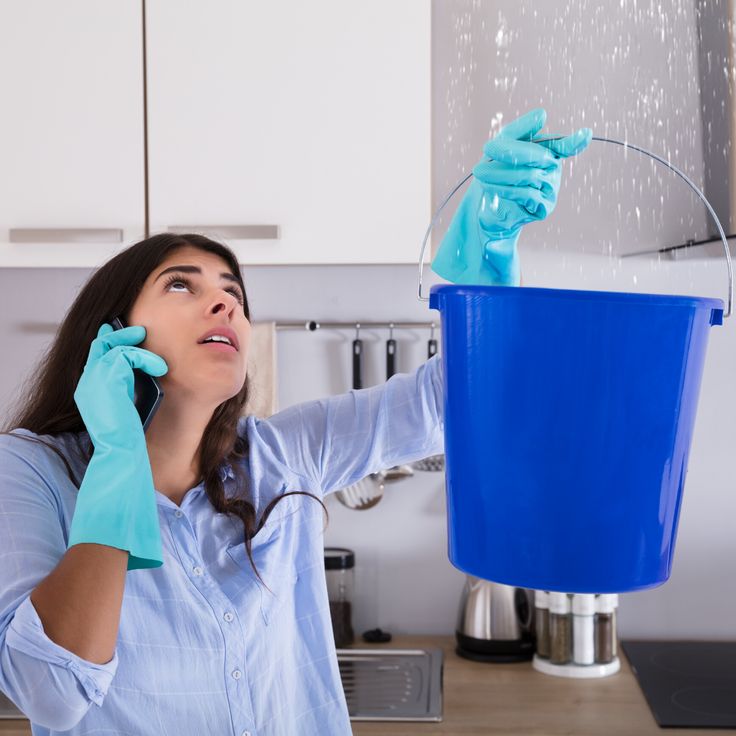Any flooding in your house can be stressful, even a little faucet overflow. Water damage can negatively impact your property’s safety and appearance in a short period of time. To minimize your stress, you should understand the severe complications that occur after water damage. In this blog, we shall see the severe effects of water damage.
What causes water damage?
The water damage in your house can have several causes. Broken appliances and fixtures are among the most frequent causes of water damage in homes. There is always a threat of damage in your residence as long as there are appliances and pipes that consume water, whether it is due to leaking dishwashers, pipes or disconnected washer hoses.
What effects does water damage have on your home?
Though each case is distinct, there are certain water damage effects that are common. Start draining water and cleaning up your house as soon as you can to reduce these risks as much as you can.

Structural damage
The most dangerous consequences of water damage are structural damage. Water will soak through almost any material as it sits after a flood or other water event.
These materials will begin to dissolve when the water seeps into them. In as little as 30 minutes, particle board cabinets and drywall will crumble. Wall studs and hardwood floors will take more time to become permanently damaged. Hence, they are more likely to swell and warp. It may push out nails, and floorboards may separate.
Electrical damage
Electricity and water are undoubtedly unsafe together. Your family may be in great danger if water has entered the electrical outlets in the home. Similarly, if cables are submerged in water, this might also create a concern. It is best to leave the residence until a damage restoration expert has dried it out.
Health risks
Water damage also has unfavorable effects on your health. Even though sewage poses the most significant risk, pollutants can grow in pure water if it isn’t cleaned up immediately. Water is a typical breeding place for parasites, mold, and bacteria. Insects and unpleasant organisms that spread sickness and viruses will also be attracted.
Mold damage
One of the most hazardous impacts of flooding is the potential for mold harm. Mold is a harmful spore that will enter and grow across your residence after a flood. It can destroy appliances and other parts of your house while seriously harming your health. You must employ a certified and skilled restoration company to execute a thorough mold damage restoration to eradicate mold from your property.
If someone in your residence has asthma or other respiratory conditions, mold can harm their belongings and put them at risk. If someone in the house has a pre-existing medical condition, you must call a mold remediation professional to remove the mold.
Unpleasant odors
Flooded residences often have foul odors that can be difficult to eliminate. After a natural disaster, you might smell a solid or faint musty odor when you first enter your flooded home. Just using perfume or lighting candles will not be adequate to make the smell go. Cleaning your home properly after a flood is crucial to eliminate these odors.
Final thoughts
Most homeowners act quickly to reduce damage after a flood. However, some individuals overlook the threats of water damage. Even just a little moisture can cause severe damage if not quickly cleaned.
You can restrict the impacts of water damage by starting water cleanup as quickly as possible with the assistance of a water damage restoration firm. During groundwater floods, act quickly for the water to stop coming in.






